Cultural change can be a fleet manager’s toughest task and Stewart Lightbody has demonstrated how to successfully work with stakeholders from across the business to introduce initiatives and achieve environmental and commercial goals, alongside the operational efficiency of the fleet.
Having launched a new car policy for senior managers in 2017, with an average CO2 of 94g/km, Lightbody set about changing Anglian Water’s essential user fleet, which had hist-orically been outright purchased on a solus manufacture deal.
Working with HR, Lightbody has introduced an aspirational policy which gives employees wider choice yet meet’s the organisation’s environmental goals, delivered through a wholelife cost model with an external provider.
Staff are incentivised to select a sub-75g/km vehicle by being offered a lower mileage term (48 months/80,000 miles rather than 48 months/100,000 miles) and the uptake of electric vehicles (EVs) has been encouraged through a proactive approach to charging infrastructure, with a network in place before the choice list was opened.
The scheme has proved successful despite the challenges surrounding the new WLTP fuel testing regime.
Having tackled the car fleet, Lightbody has turned his attention to vans, using telematics data to identify individual journey plans by vehicle type and mapping the on-site movement of vehicles. This has allowed him to identify a number of vehicles that could, in theory, be replaced by full EVs.
Through his discussions with the wider business, Lightbody has also identified that some Anglian Water sites generate their own power and has made electric vans part of the integral infrastructure plans of the business from now on.
Lightbody recognises the importance of his fleet team in delivering change and coaches and supports them.
Finalists: Justin Patterson, Addison Lee; Graham Telfer, Gateshead Council; David Fisher, Rexel UK; Sarah Gilding, South Yorkshire Police & South Yorkshire Fire and Rescue
Award sponsored by Trakm8


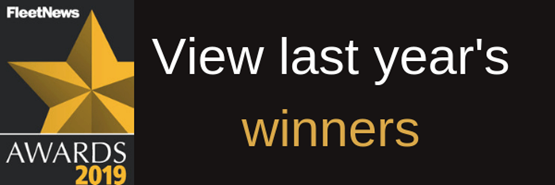
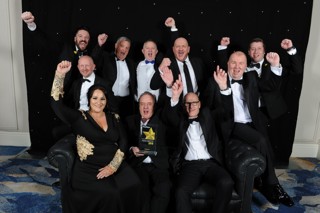

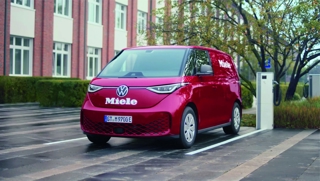
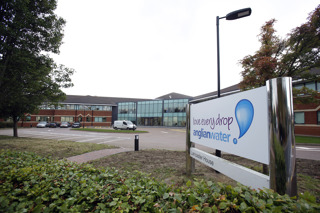
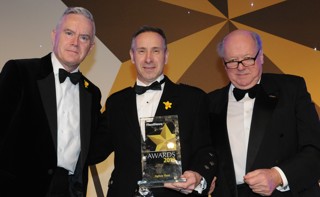













Login to comment
Comments
No comments have been made yet.